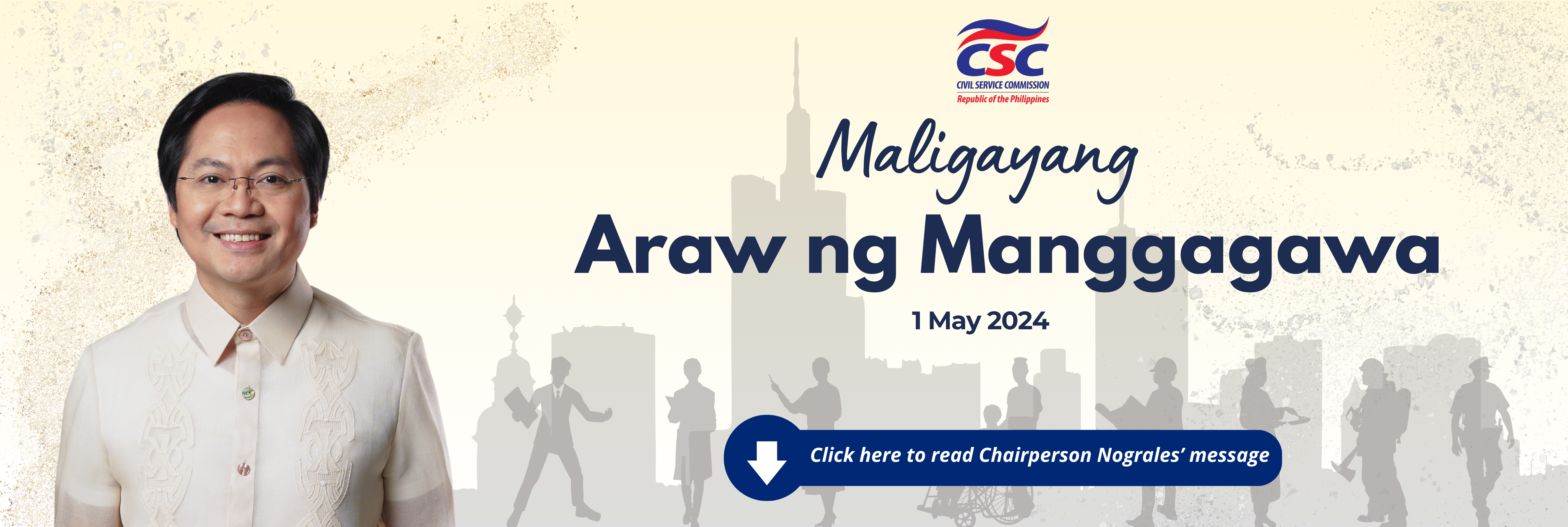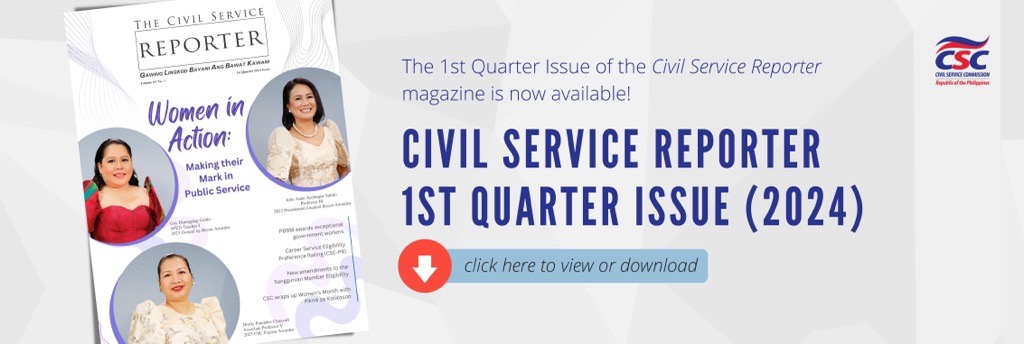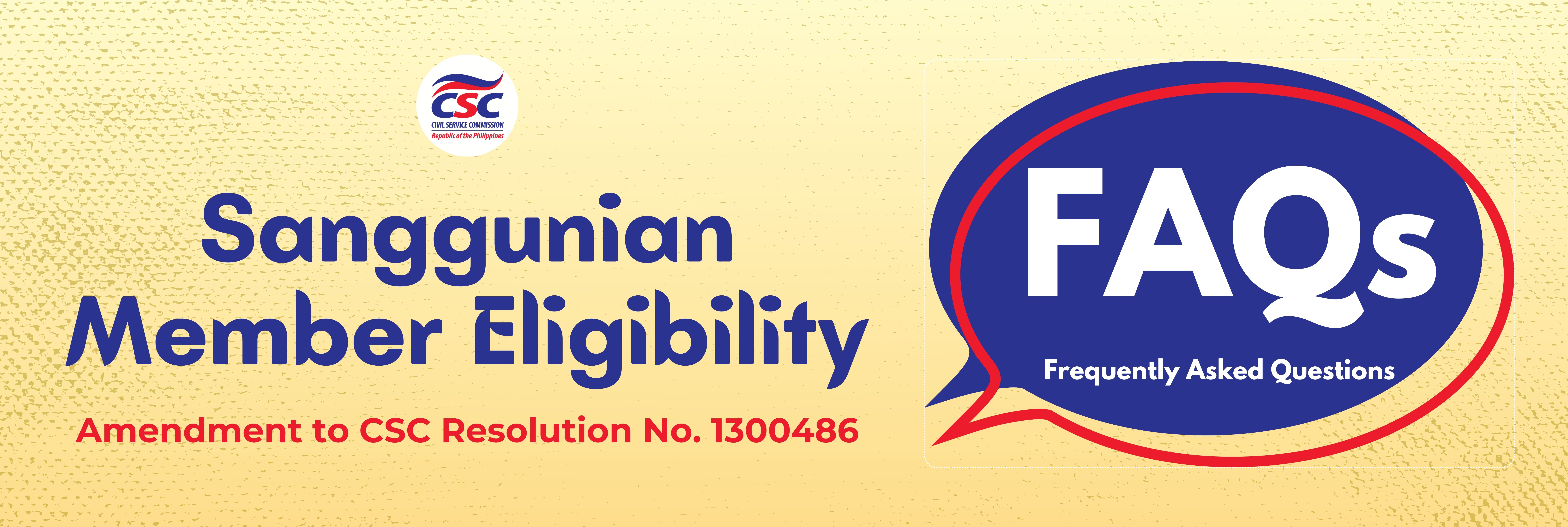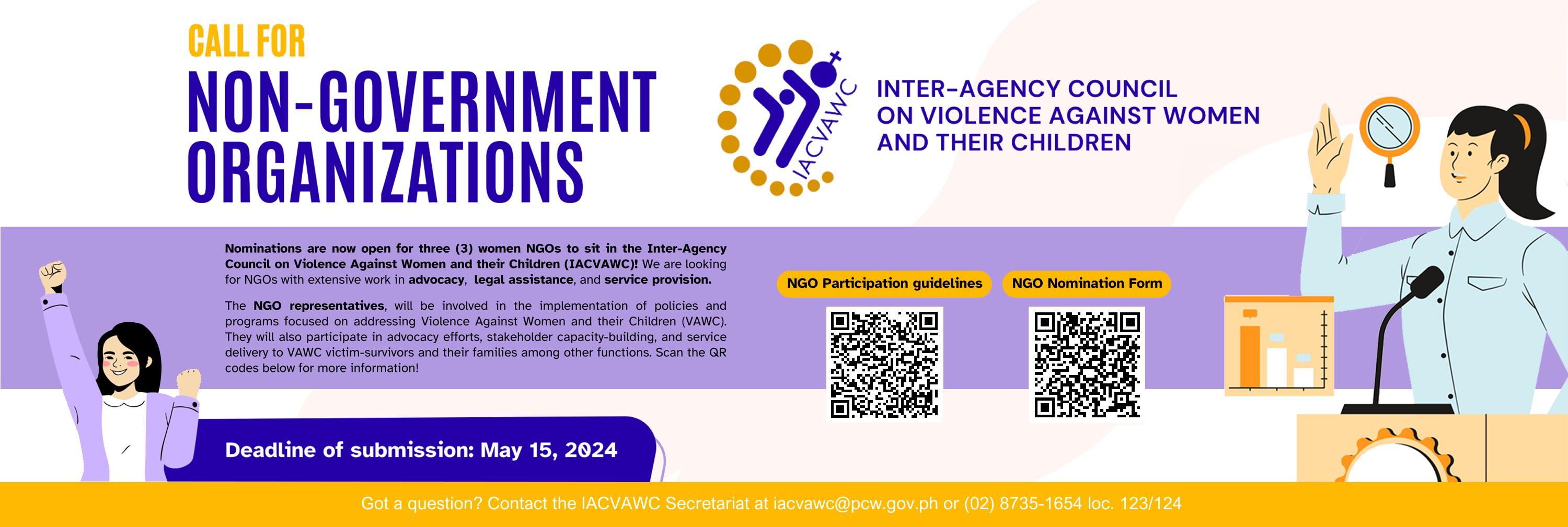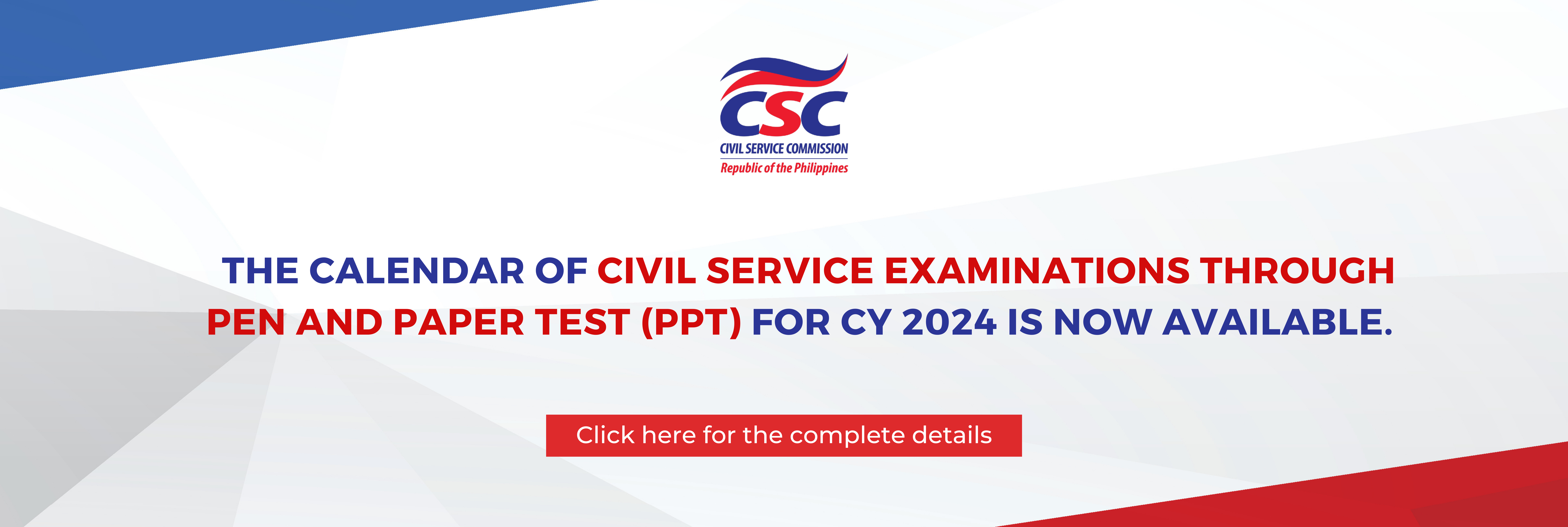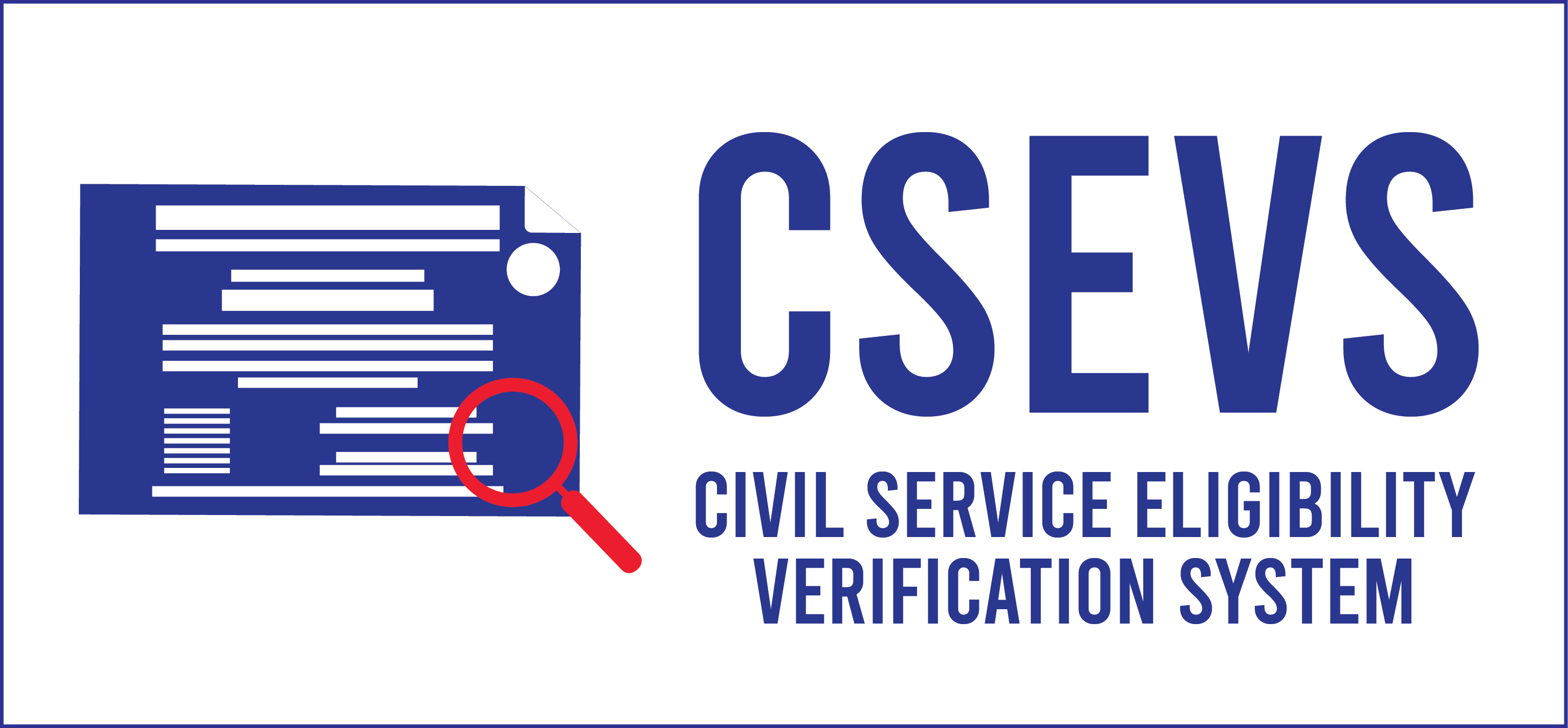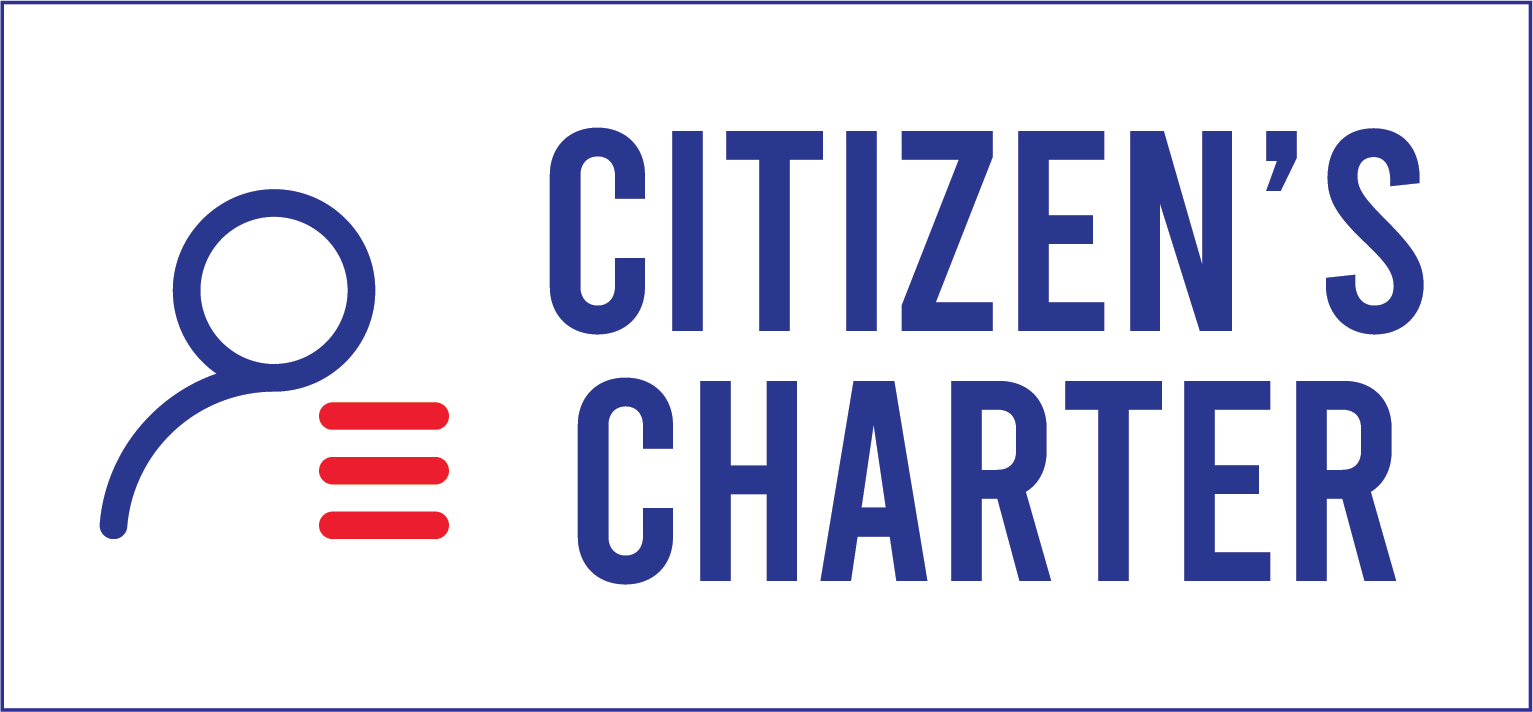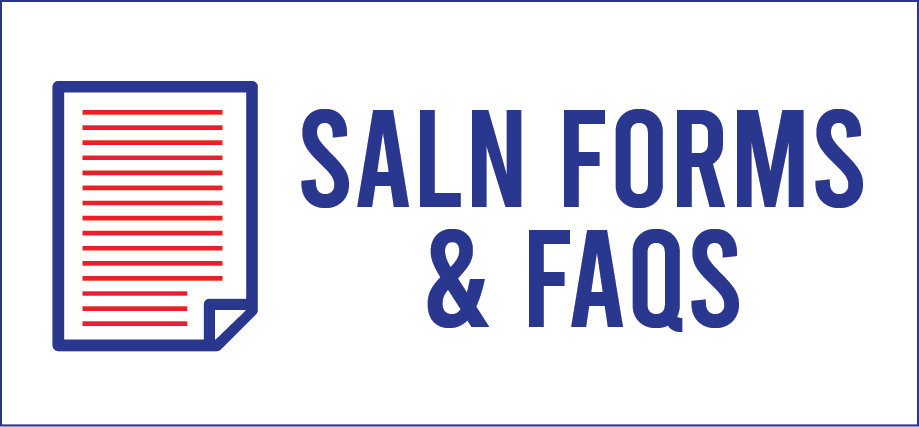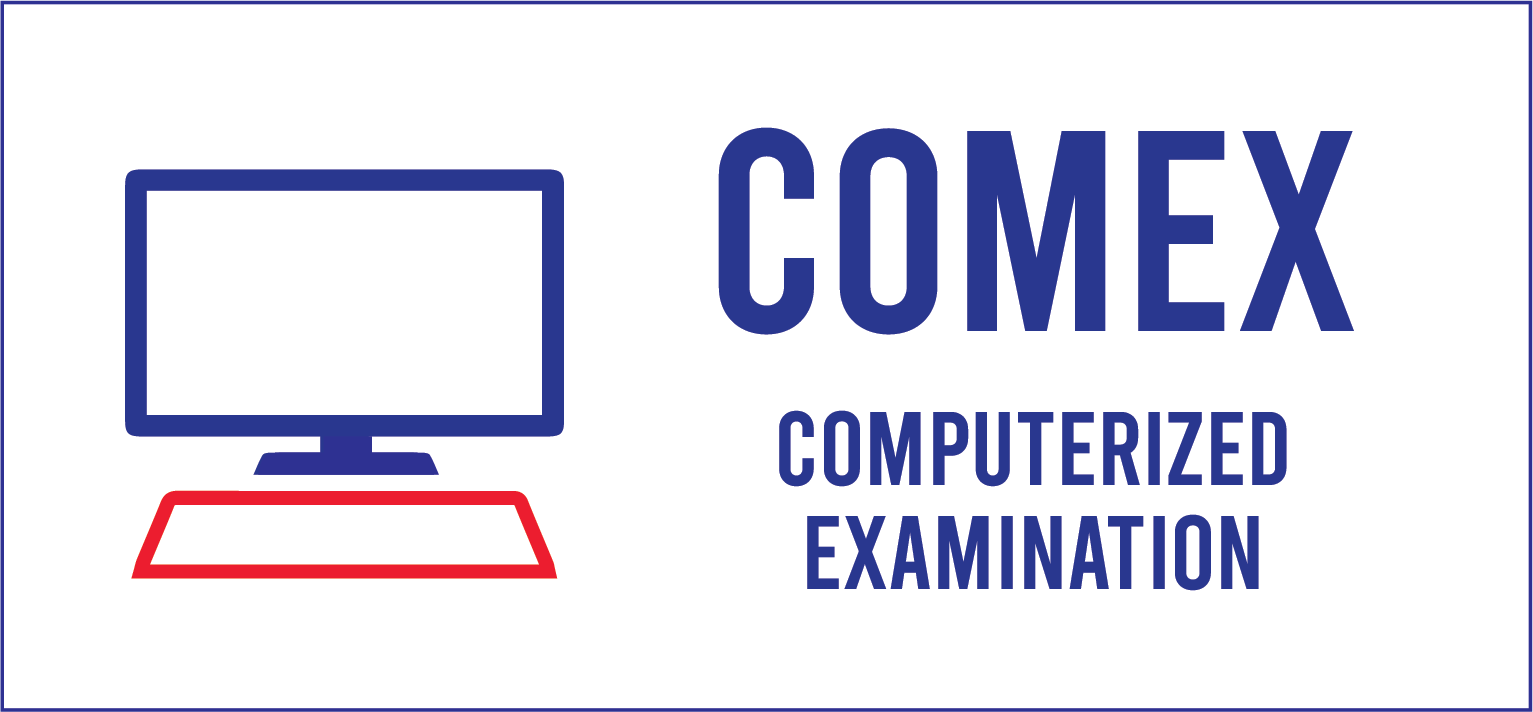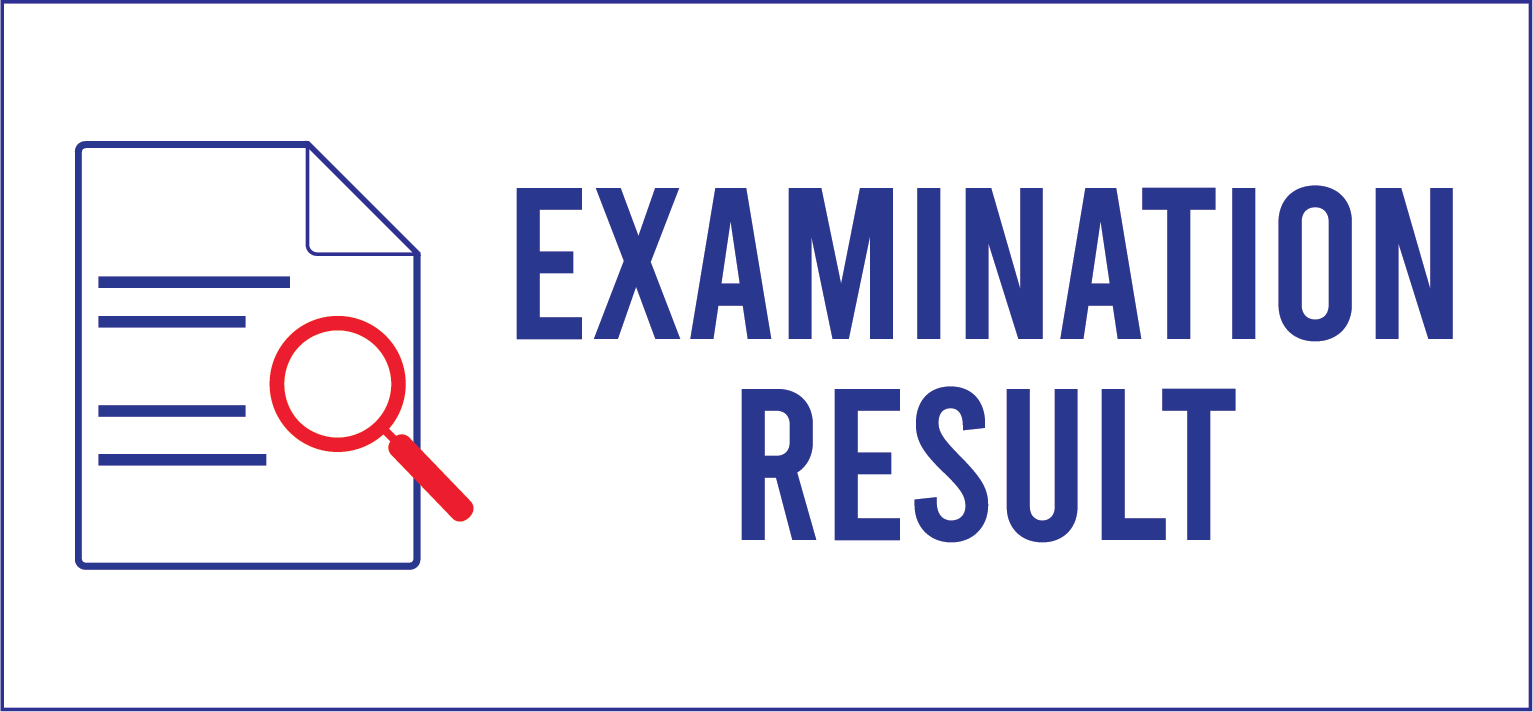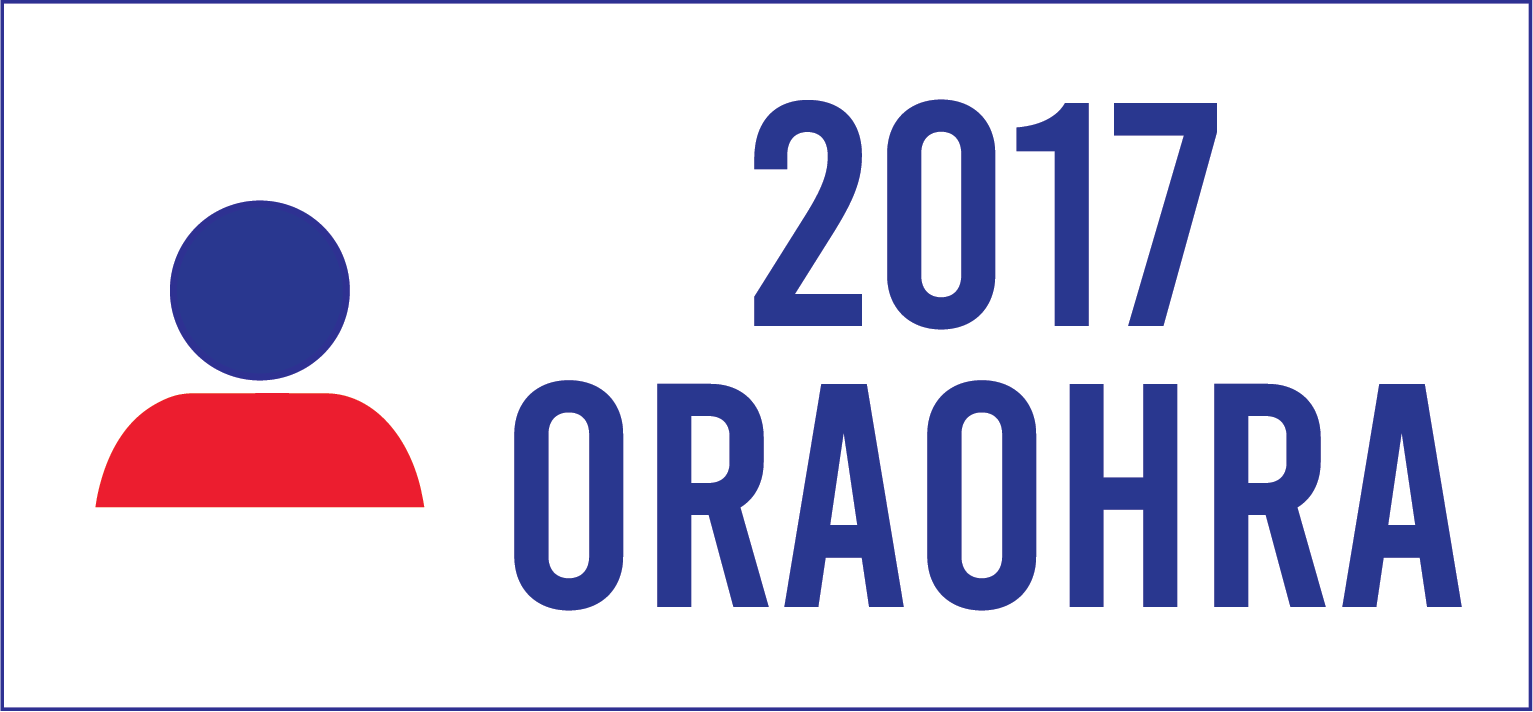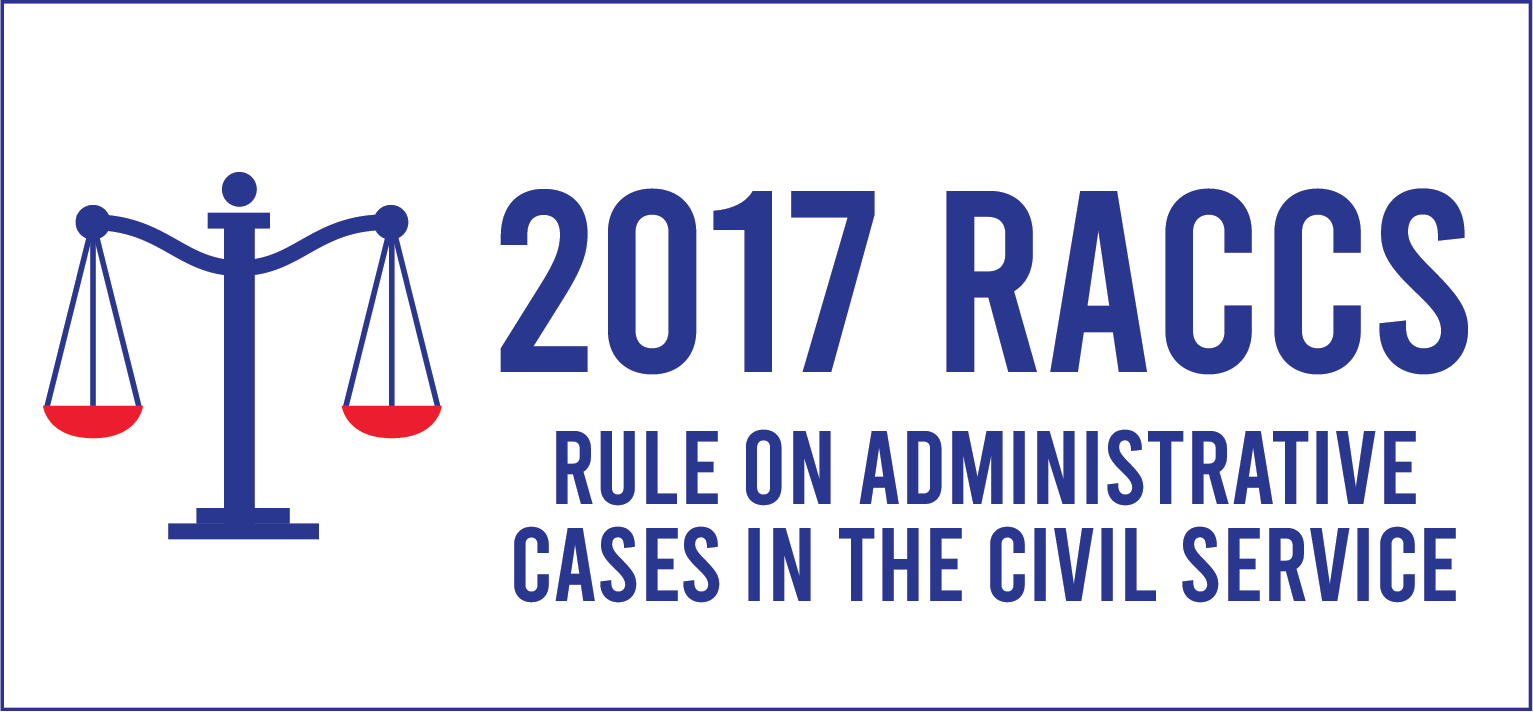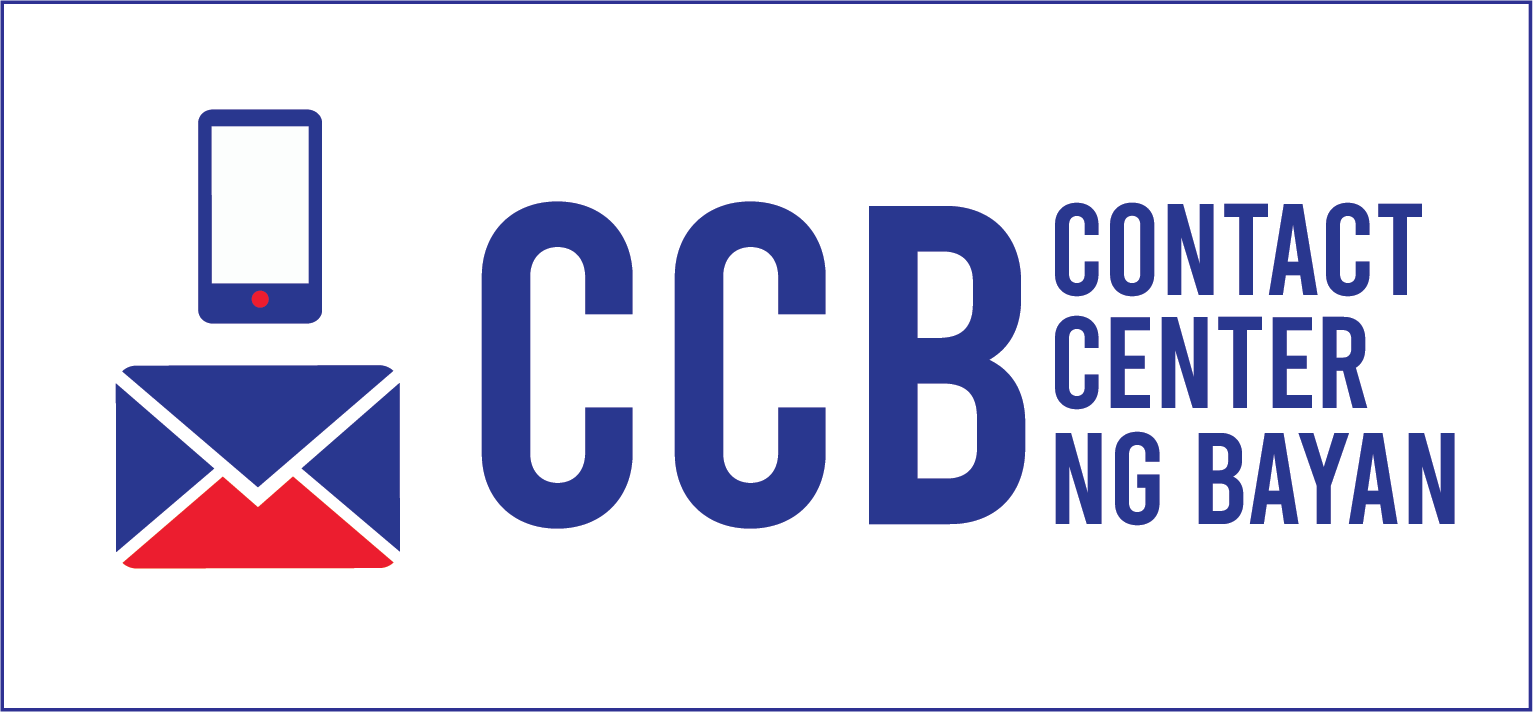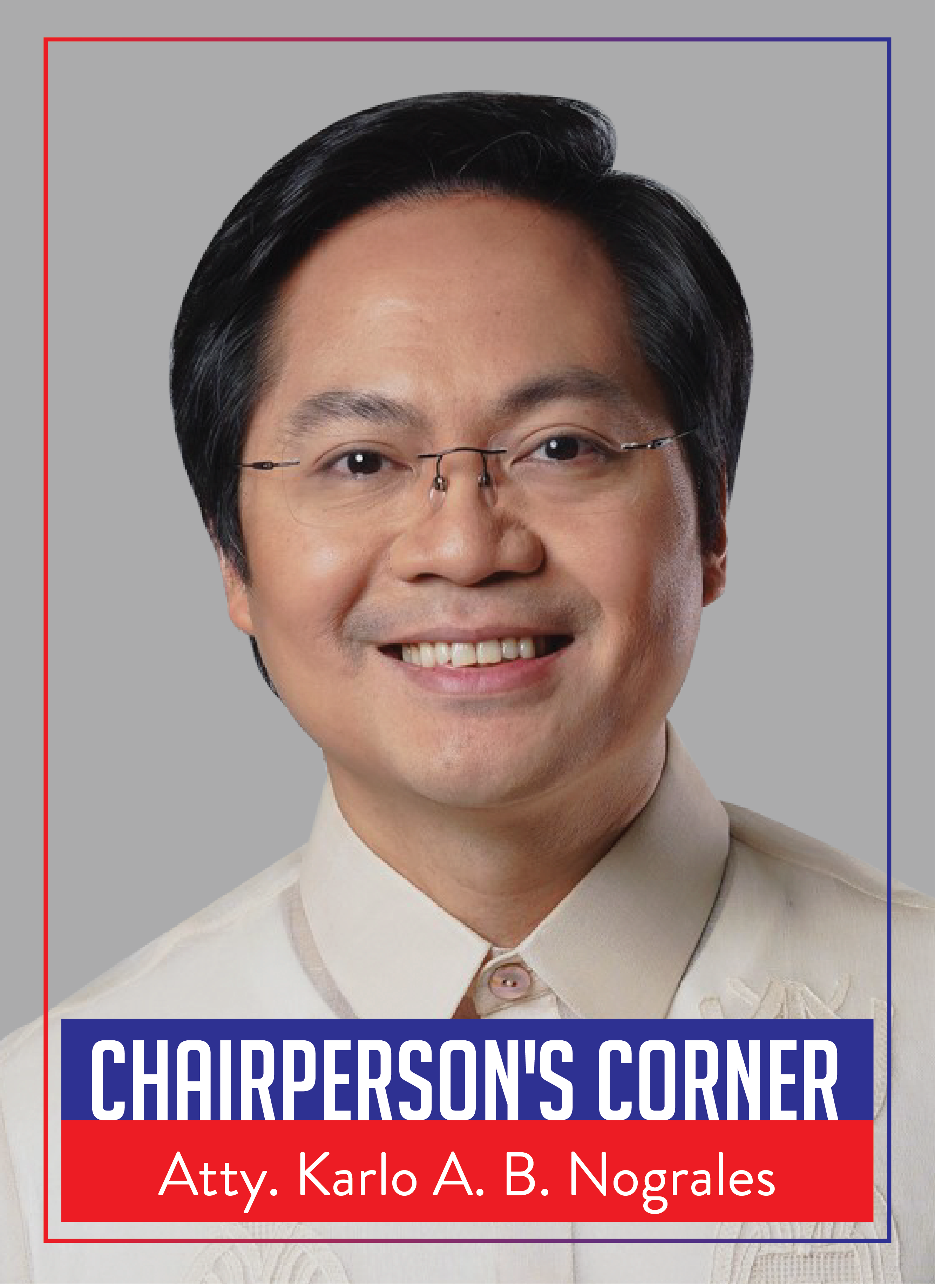“No officer or employee in the civil service, as well as any member of the military, shall engage, directly or indirectly, in any electioneering or partisan political activity, except to vote.” This reminder was issued by Civil Service Commission (CSC) Chairperson Alicia dela Rosa-Bala in line with preparations for the May 13 national and local elections.
As stated in Section 261 (i) of the Omnibus Election Code (Intervention of Public Officers and Employees), “Any office or employee in the civil service, except those holding political offices; any officer, employee, or member of the Armed Forces of the Philippines, or any police force, special forces, home defense forces, barangay self-defense units and all other para-military units that now exist or which may hereafter be organized who, directly or indirectly, intervenes in any election campaign or engages in any partisan political activity, except to vote or to preserve public order, if one is a peace officer, shall be guilty of an election offense.”
An advisory on Electioneering and Partisan Political Activity issued through CSC Resolution No. 1600298 dated 29 March 2016 reiterates that the prohibition aims to ensure that government workers will remain focused on the affairs of the government, do away with the spoils system, and shield public service from political influences.
The CSC however clarified that government workers may still express views on political matters. Section 124 of the Omnibus Rules on Appointments and Other Human Resource Actions states, “Nothing herein provided shall be understood to prevent any officer from expressing views on current political problems or issues, or from mentioning the name of candidates for public office whom he/she supports. Public officers and employees holding political offices may take part in political and electoral activities but it shall be unlawful for them to solicit contributions from their subordinates or subject them to any of the prohibited acts in the Omnibus Election Code.”
Further, CSC Memorandum Circular (M.C.) No. 30, s. 2009 enumerated the following as partisan political activities, acts designed to promote the election or defeat of a particular candidate/s to a public office:
- Forming organizations, associations, clubs, committees, or other groups of persons for the purpose of soliciting votes and/or undertaking any campaign for or against a candidate;
- Holding political caucuses, conferences, meetings, rallies, parades or other similar assemblies, for the purpose of soliciting votes and/or undertaking for or against the election of any candidate for public office;
- Making speeches, announcements or commentaries, or holding interviews for or against the election of any candidate for public office;
- Publishing or distributing campaign literature or materials designed to support or oppose the election of any candidate; or
- Directly or indirectly soliciting votes, pledges, or support for or against a candidate;
In addition, being a delegate to any political convention, or a member of any political committee or directorate or an officer of any political club or other similar political organizations; making speeches or publications to draw political support in behalf of any particular party or candidate for public office; soliciting or receiving contribution for political purposes, either directly or indirectly; and becoming publicly identified with the success or failure of any candidate/s or party/ies are also considered partisan political activities and are grounds for disciplinary action
CSC Memorandum Circular No. 9, series of 1992 also identifies the following as prohibited acts:
- Using government vehicles in attending political caucuses, conferences, meetings, rallies, parades, or other similar assemblies/activities conducted by a political party or candidates;
- Posting and distributing of campaign materials/leaflets/banners/stickers designed to support or oppose the election of any candidate;
- Wearing of t-shirts or pins, caps, or any other similar election paraphernalia bearing the names of the candidates and/or political party except as authorized by the Commission on Elections;
- Registering as a member of any political club/party or any other political organization;
- Being a watcher for a political party or candidate during the election;
- Consistent presence in political rallies, caucuses of, and continuous companionship with certain political candidates and/or political party is said political activities, causing an employee to be closely identified with such candidate and/or with political party;
- Giving personal financial or other monetary contribution, supplies, equipment, and materials for the benefit of a candidate and/or political party;
- Utilizing properties, supplies, materials, and equipment of the government for political purposes;
- Any other circumstances that may be considered analogous with that of the aforementioned.
Those who will be found guilty of engaging directly or indirectly in partisan political activities will be meted with a penalty of one (1) month and one (1) day to six (6) months suspension for the first offense; and dismissal from the service for the second offense according to the 2017 Rules on Administrative Cases in the Civil Service or 2017 RACCS (CSC Resolution No. 1701077 dated July 3, 2017). ###

